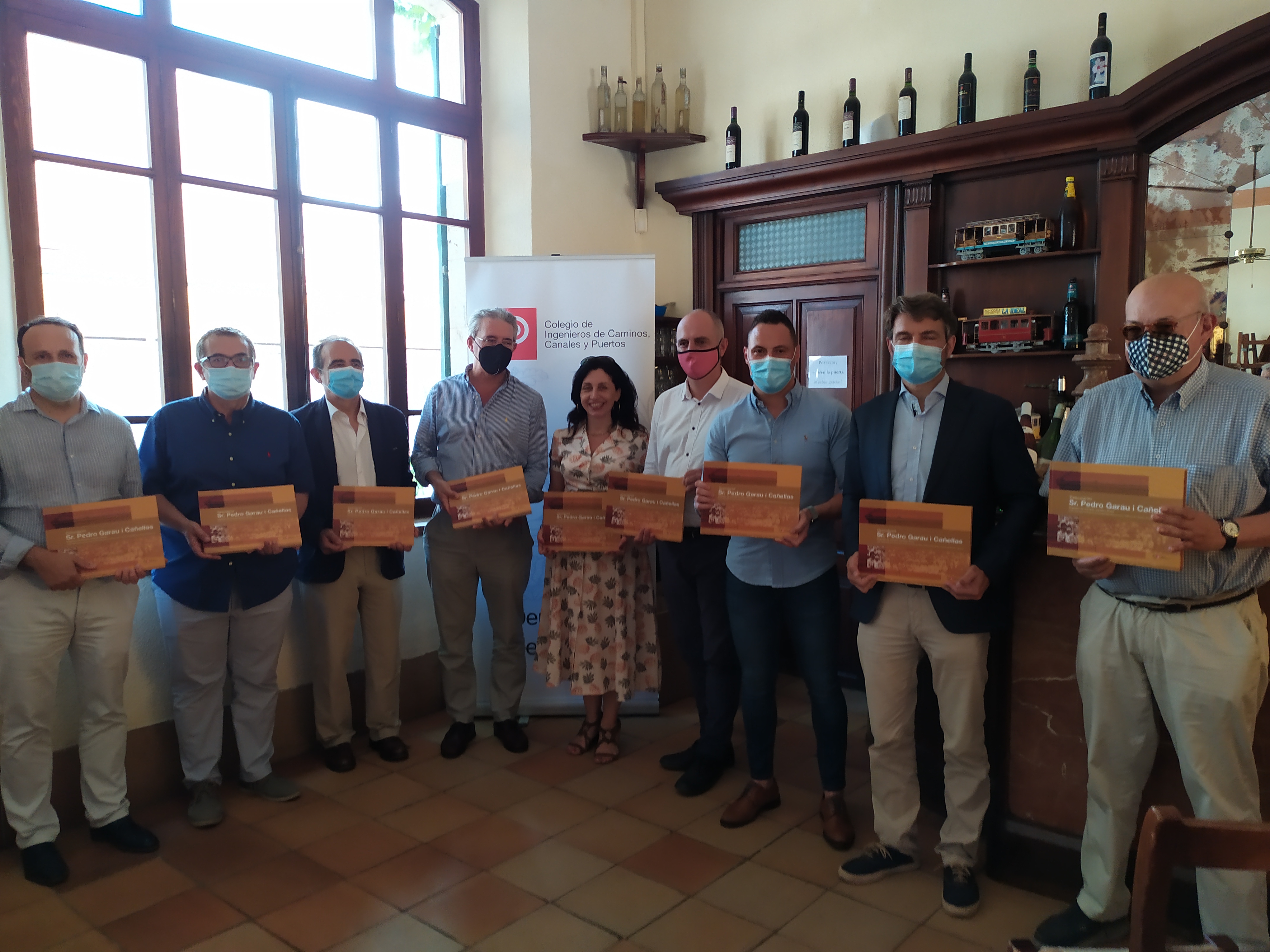- Environment and CSR
- Technology and innovation
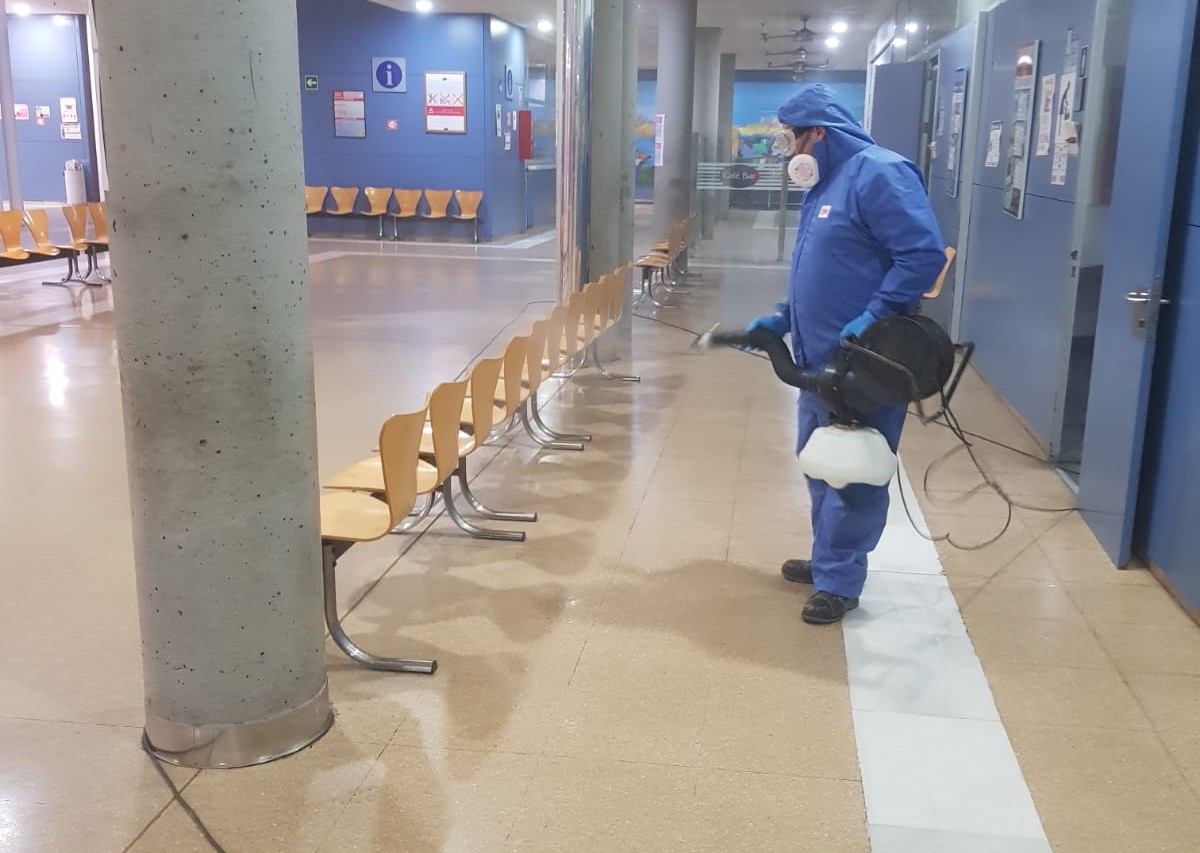
The APB earmarks 97,000 euros for the disinfection of the maritime stations of the port of Palma
25/08/2021- Transport and infrastructure
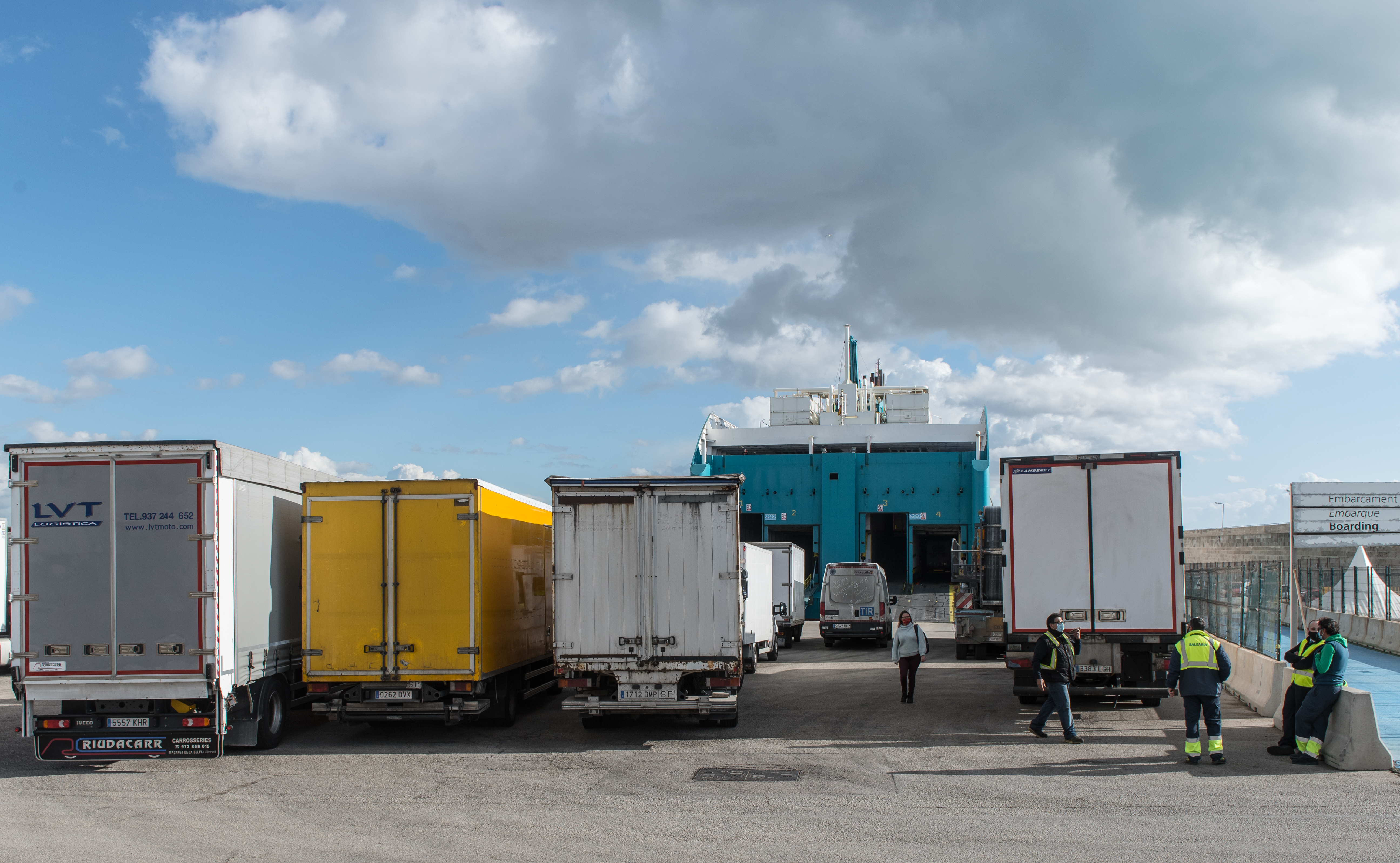
- Socio-economic development
- Transport and infrastructure
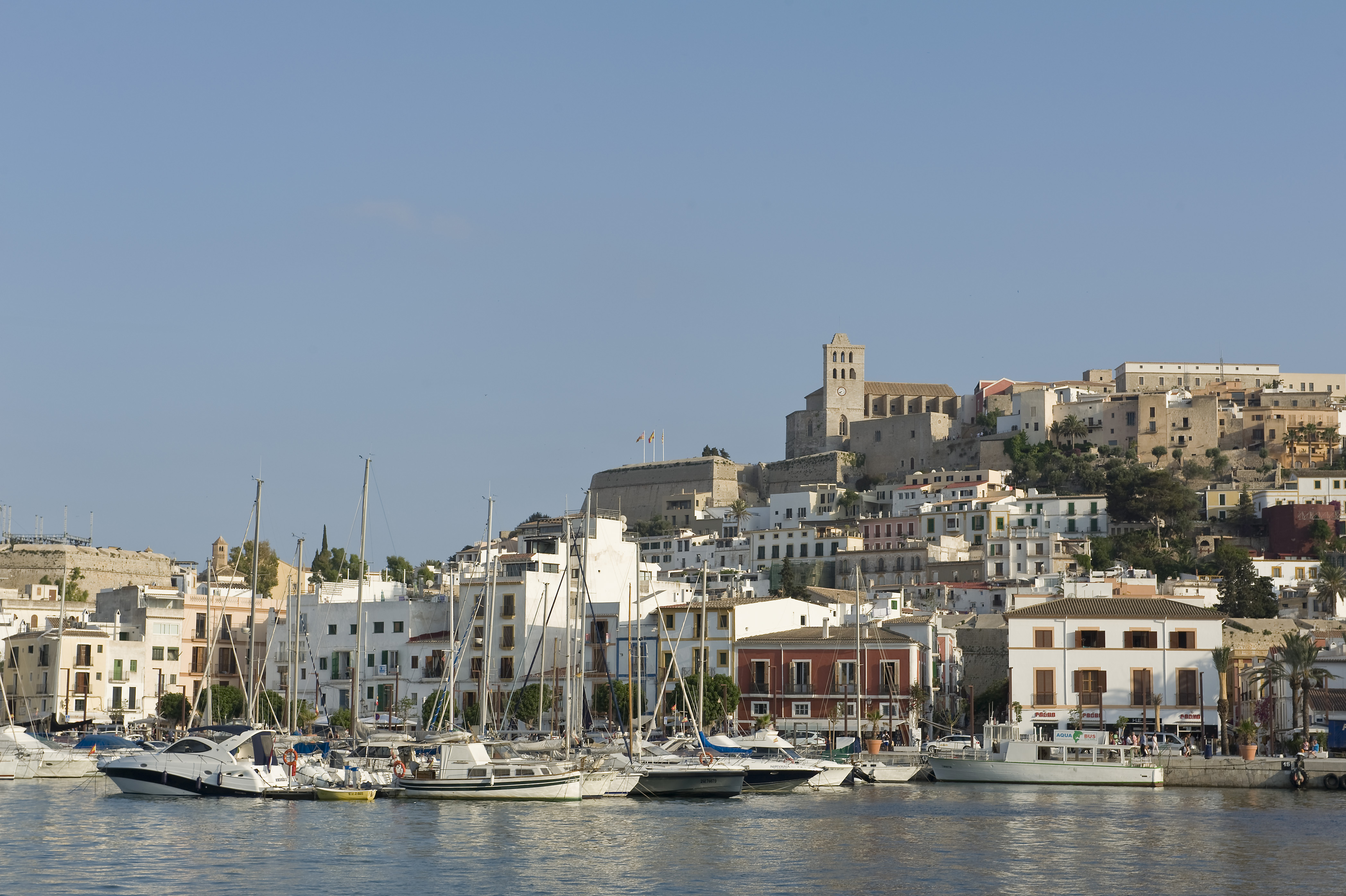
- Environment and CSR
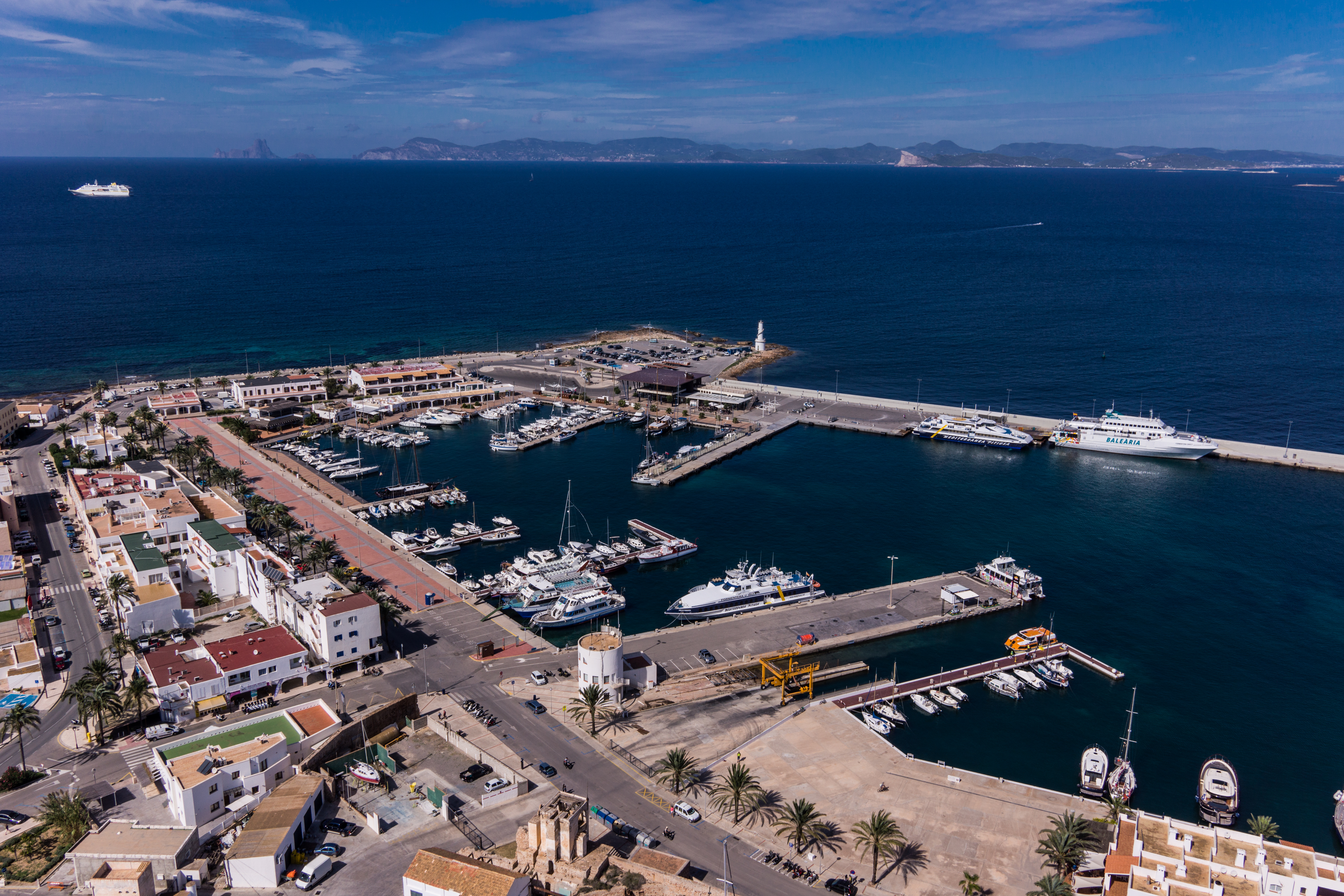
The invitation to tender is issued for the fuel supply facilities in the port of La Savina
06/08/2021- Transport and infrastructure
- Transport and infrastructure
- Socio-economic development
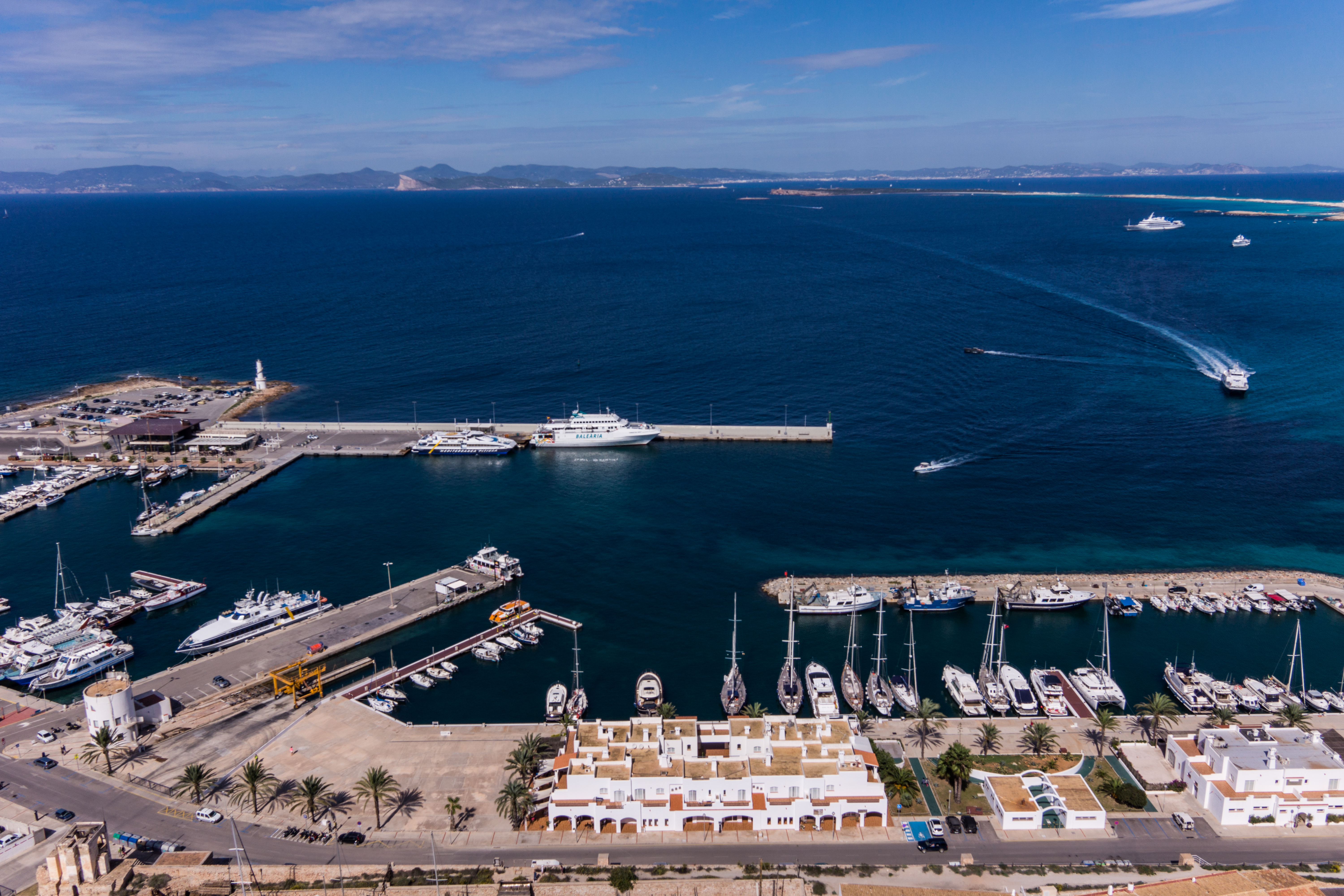
- Transport and infrastructure
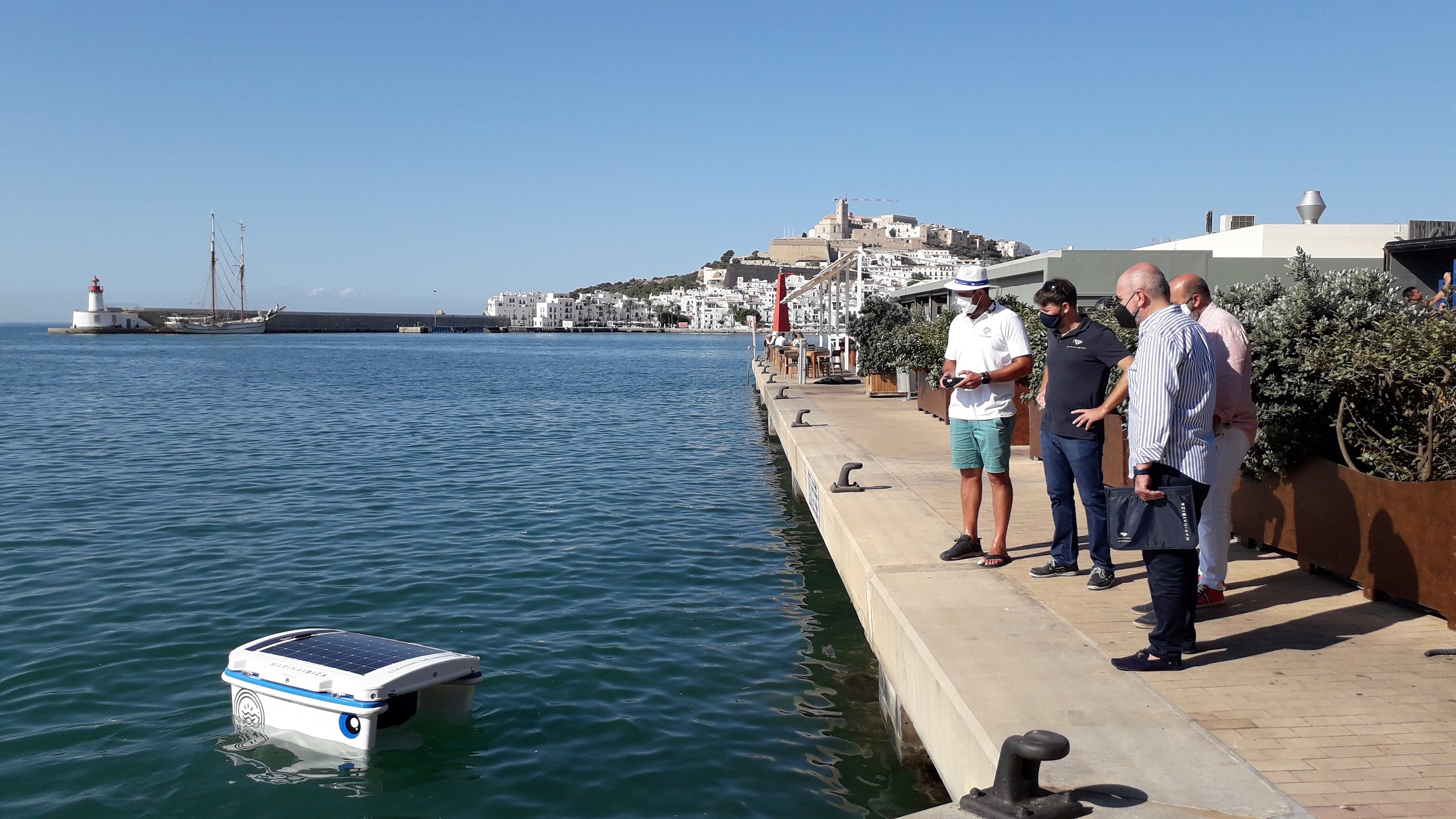
Ibiza and Palma become the first ports in Spain to use a water cleaning robot in their concessions
26/07/2021- Environment and CSR
- Technology and innovation
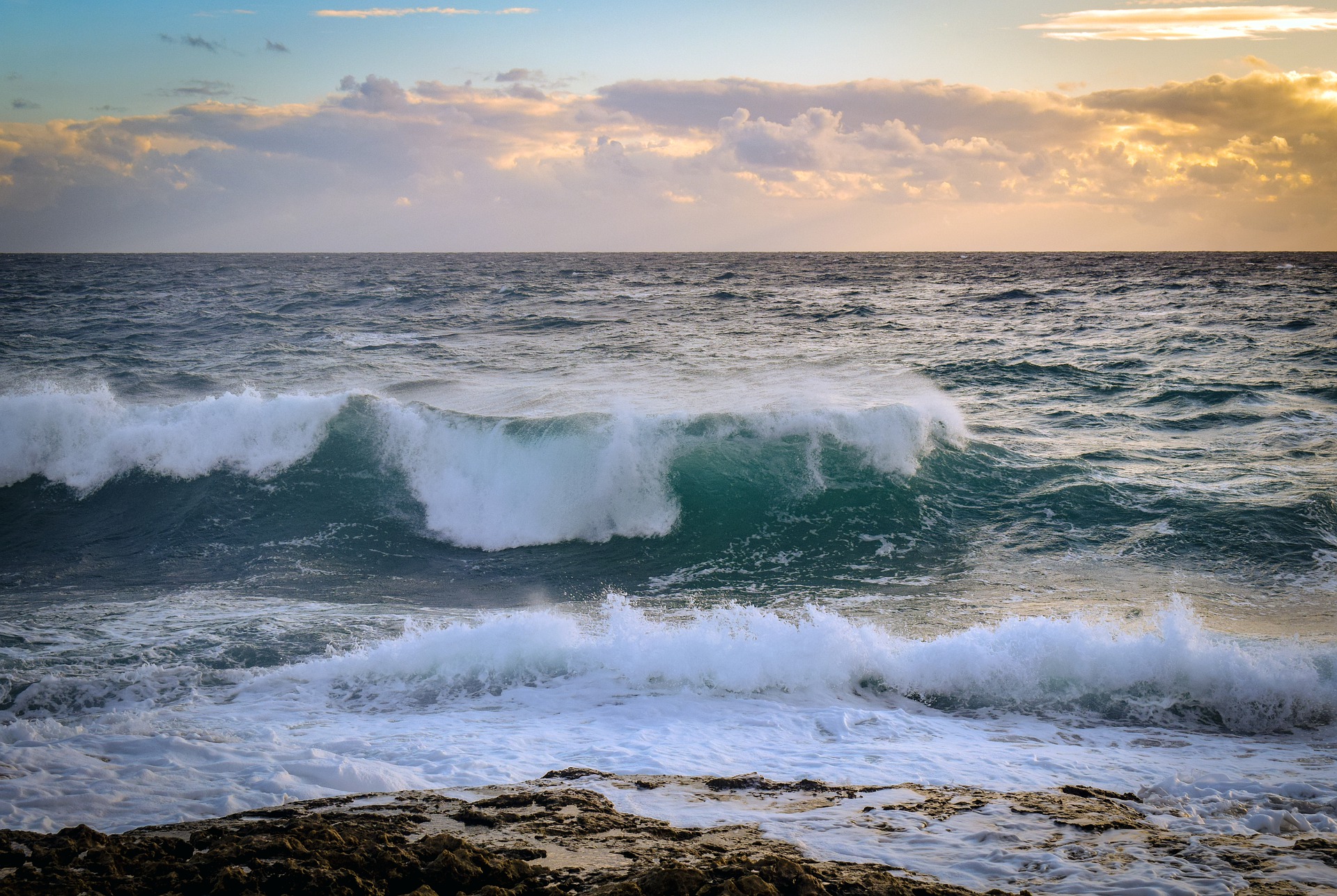
- Environment and CSR
- Transport and infrastructure
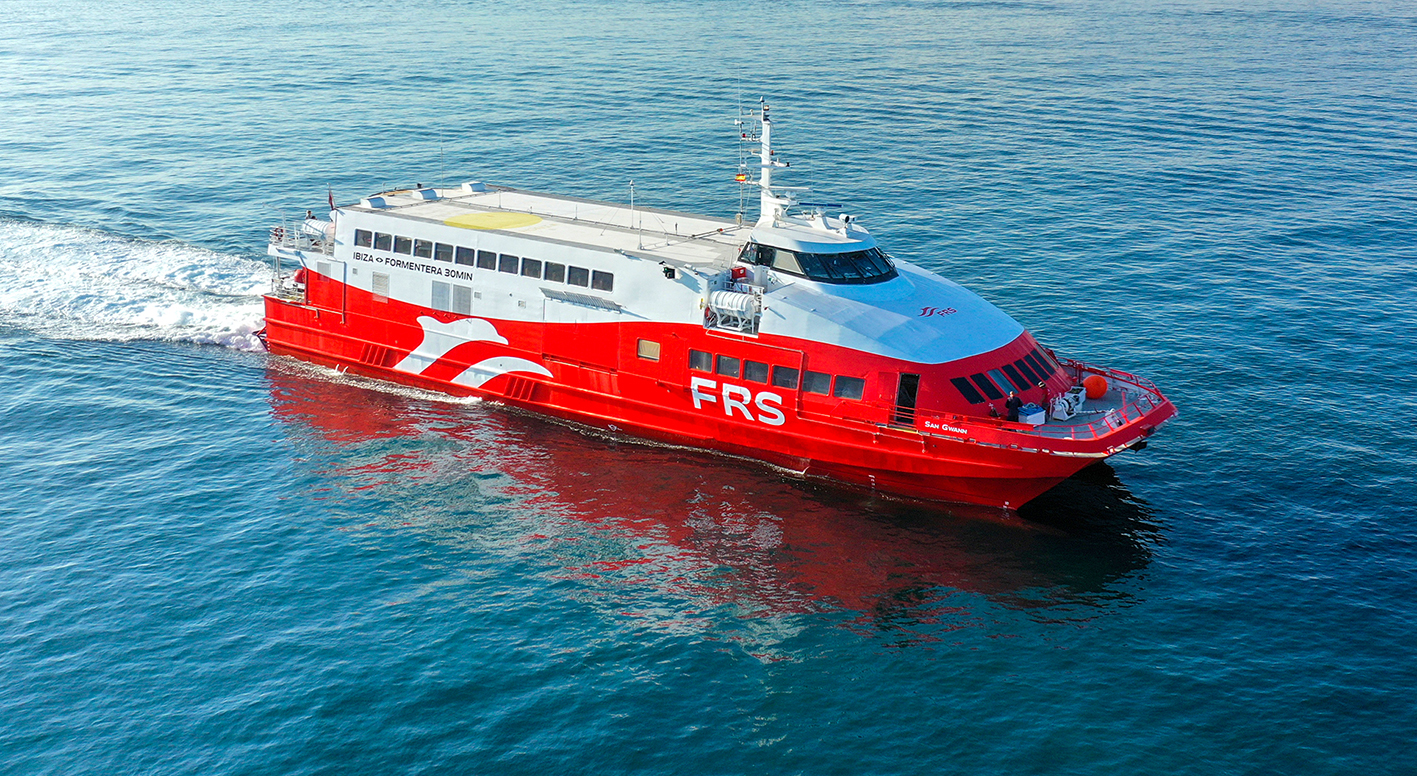
- Transport and infrastructure
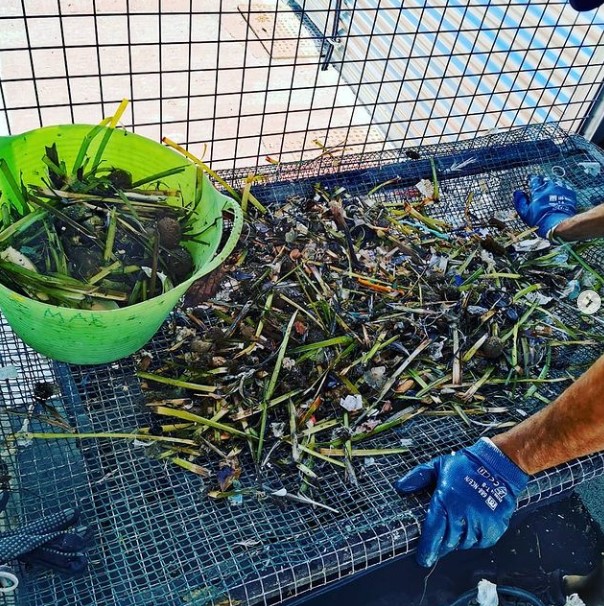
- Environment and CSR
- Technology and innovation


